Is it Worth Taking up Employment References in 2024?

If you’ve hired a new employee, you might be wondering whether it’s worth bothering taking up references. I mean, surely no company would possibly be brave enough to give a bad reference - right? For fear of repercussions.
Plus, many employers only give out very basic, factual references containing limited information on their former employees, and some instances of former employers being taken to court for giving ‘bad’ references.
So, I don’t blame you if you’ve been googling to see if it’s worth the effort of asking for a reference for your new people, or if you’ve decided you’d rather not risk opening up a can of worms?
But, whilst it might not offer much, it’s still very much something I recommend employers do. In this blog, I’ll explain why.
Here's 3 reasons why it’s worth taking up references
1. You can check the facts match up
It is true that many employers these days respond to reference requests with the barest of detail; sometimes just dates of employment and job title.
As you’ve invested a lot of time, effort and money to find the best person to join your business, and your expectations of them are high 🚀Therefore, even with a basic reference you can check the person worked in the role they said they did, for the company and you can check the dates match up to the CV.
Even if all you get back is verification of dates of employment and job title though, this still provides confirmation that the person was indeed employed in that capacity. Particularly important given that it seems not everyone tells the truth on their CV unfortunately!
This will give you peace of mind that everything will work out ok 🙏 Sometimes it will flag up lies or discrepancies which you can explore further with the candidate.
2. You have a duty of care
You have a duty of care towards staff. So, by taking up references, you are showing you are a responsible employer and you are doing your back to do checks on the person that everyone will be working with every day. Again, any discrepancies may be a red flag, so it’s worth double checking they have the experience they said they had.
3. You might get something useful back
Not all employers send back basic references, and it is possible to receive useful information from former employers that will give you some additional insights which aid your training and management of your new employee.
Equally, if you ring the referee or ask for more information, they might share more.
My step-by-step guide for taking up references
These are principles to guide your approach and actions to take which should make taking up references a straight-forward and smooth process:
- Wait until an offer of employment has been made before you take up references. Make receiving satisfactory references a condition of employment and state that in your employment contracts.
- Once you’ve had a job offer accepted, don’t delay sending reference requests out. Sometimes it can take a while to get them back.
- Take a consistent approach. Standard practice is to take up two references from previous line-managers, that usually cover at least the last 5 years of employment.
- Use a standard reference request form to send to referees. Keep the questions relevant, appropriate and focused on the person’s abilities and aptitude and not too long-winded. Always include a question at the end that asks the referee if they are happy for you to share the reference with the employee. It can also be a good idea to include a copy of the job description with the request.
- Even if your new employee has given the contact details of their referees on their CV or job application, always ask permission first before you go ahead and make contact with their referees.
- Make sure you have the appropriate referee contact details from your new hire. Check that you have a company landline number and work email address, as well as a mobile number for referees, and that the referees were their line-managers and not co-workers.
- Don’t be shy in chasing referees if you don’t hear back from them.
- When you receive the references, match up the details with the CV. For example, check that the start and leave dates and job title are the same as it says on the person’s CV.
GDPR Considerations
When you request a reference about a new employee, it will generally involve the disclosure and processing of personal data and so you will need to be compliant with the data protection law.
Employers will always be able to rely on ‘legitimate interest’ as their legal basis. Sometimes other legal bases could be used, for example in sectors such as finance and education, there may be a ‘legal obligation’ to obtain a reference.
Problems you may face with obtaining references
👉 Employees not wanting you to contact their referees
If you experience avoidance tactics, meet with your new hire and ask if there is any reason they don’t want you to speak to their previous line-manager. They might open up about anticipating a bad reference, and their reasons, which is useful for you to know in advance of receiving the reference, and in terms of how you manage that person.
👉 Referees not wanting to give you a reference
Call the referee and see if they will speak on the phone. Take notes of your conversation. If you don’t get a response from the referee even after chasing them, you can ask your employee for details of another referee you can contact.
👉 Referees not providing all the information you’ve asked for
This can leave you with more questions than answers. Respond and let the referee know they have left some questions unanswered. It might be they just forgot, or that they are uncomfortable with responding. If your instincts tell you it’s the latter, pick up the phone and see what information you can glean through talking to them.
👉 Receiving a bad reference
Employers have a duty to provide accurate, factual and fair references for former employees that aren’t misleading, and sometimes you might receive a reference that contains negative comments. Don’t despair though. It is helpful to have any past issues flagged to you, and depending on the nature and severity of what’s been disclosed, you can use the information you’ve been given to help you effectively manage the person.
Above all, remember this…
The most important thing is that you have trust in yours and your managers judgements and evaluations of your new employee!
Make sure you plan a thorough induction programme for your new hire, so you give them the best chance of settling in well and setting them up in their new role for success. Make sure your offers of employment and contracts are all also based on satisfactory completion of the probation period. Make the most of this time to actively assess their performance, have frequent one-to-one’s and set clear goals with them.
References can provide valuable insights, but when deciding whether your new employee is a good fit for the role and your business, and whether they will pass their probation period, it’s the experience of the person in the role that matters most.

HERE'S A HELPFUL LIST OF MY MOST POPULAR RESOURCES...
- Take the Leadership Quiz to uncover your natural leadership style.
- Watch my Free Masterclass to learn how to build a high performing team.
- Grab my Free Guide for Busy Managers to help you save 5+ hours every week.
- Browse and download my Free HR Guides and Templates.
- Book a free consultation with Mandy here, to learn more about us working together.


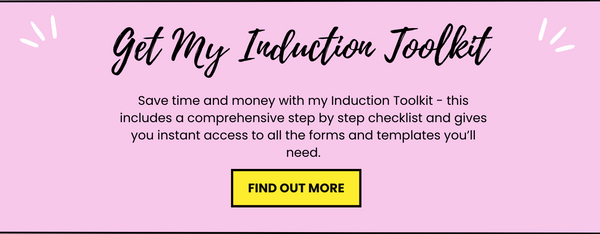

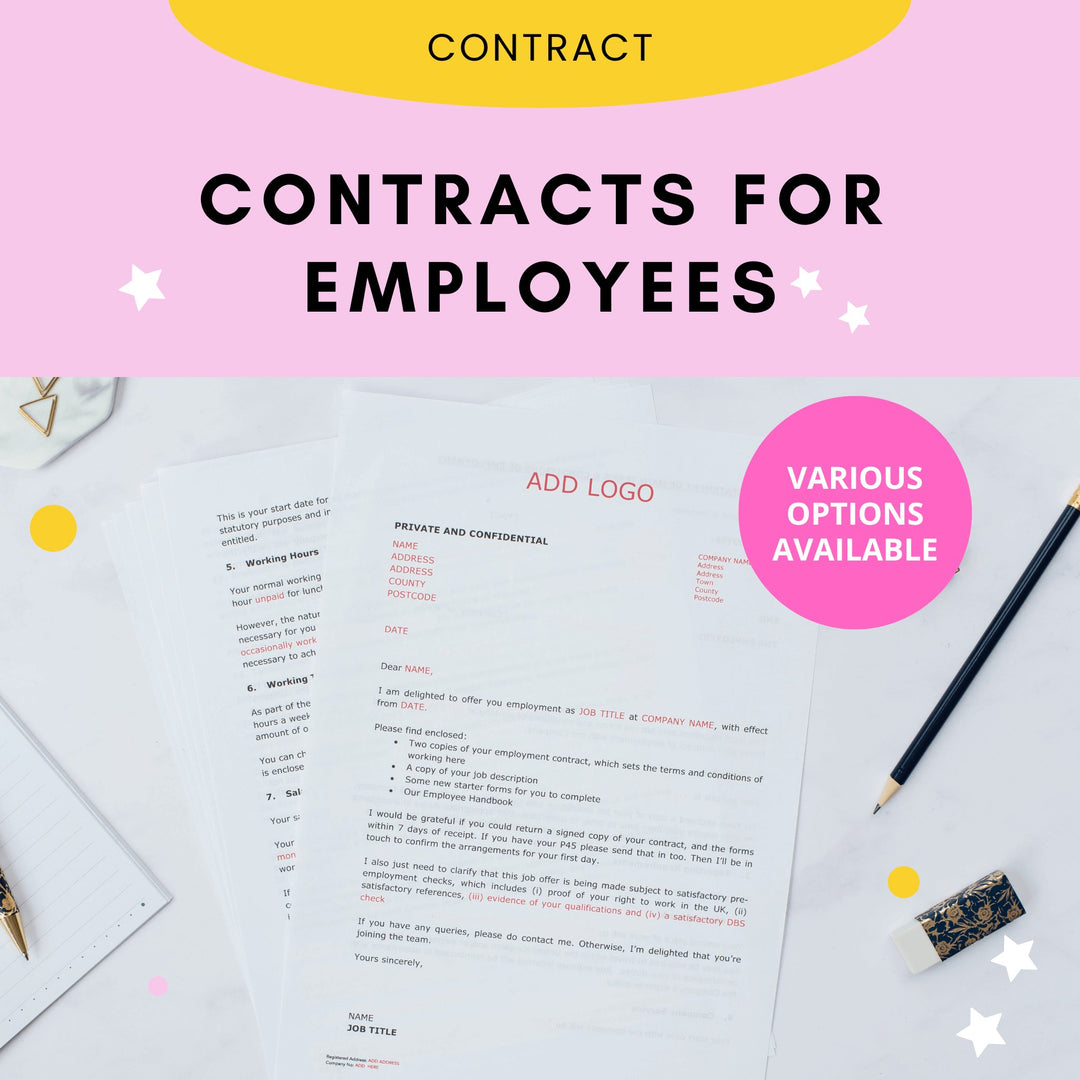
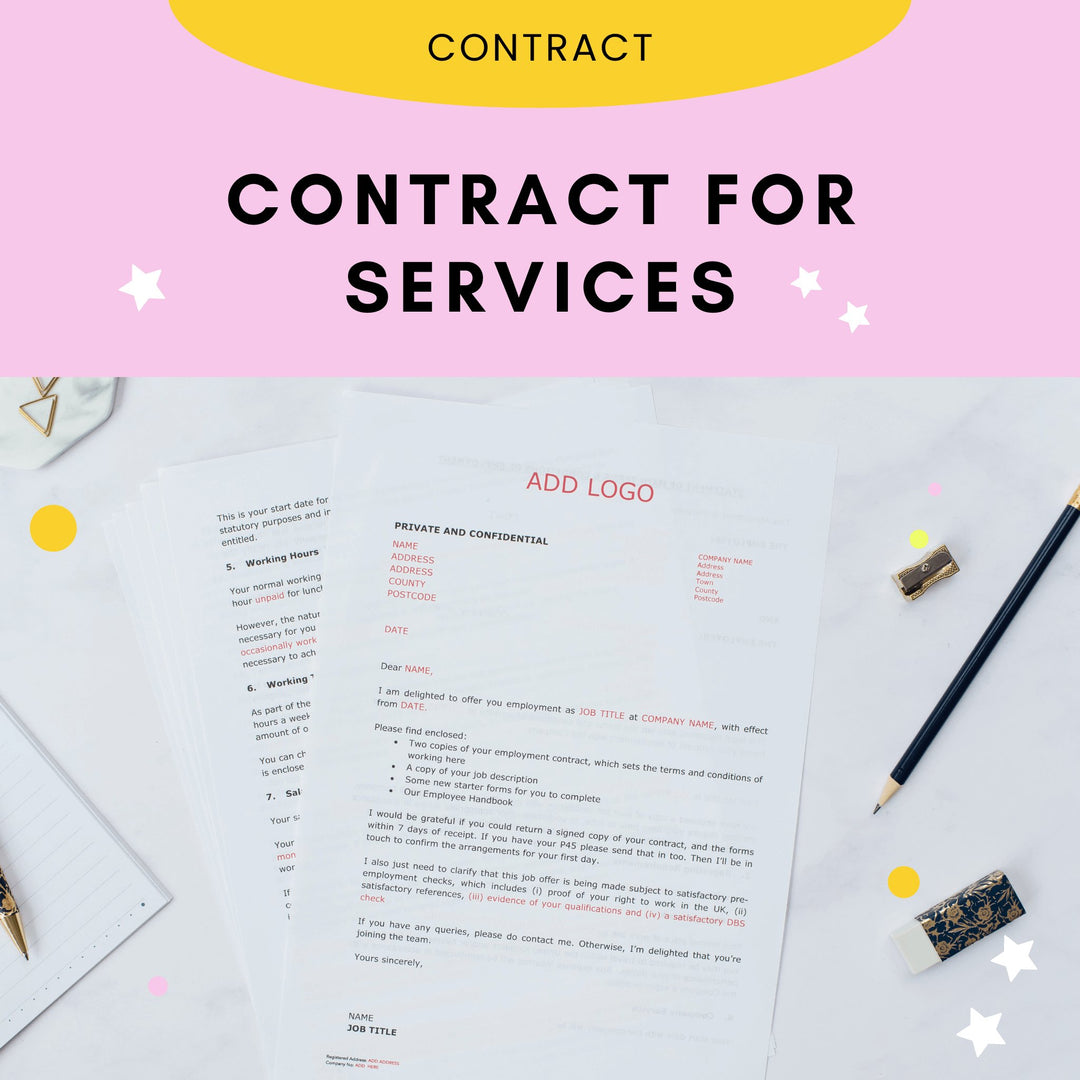
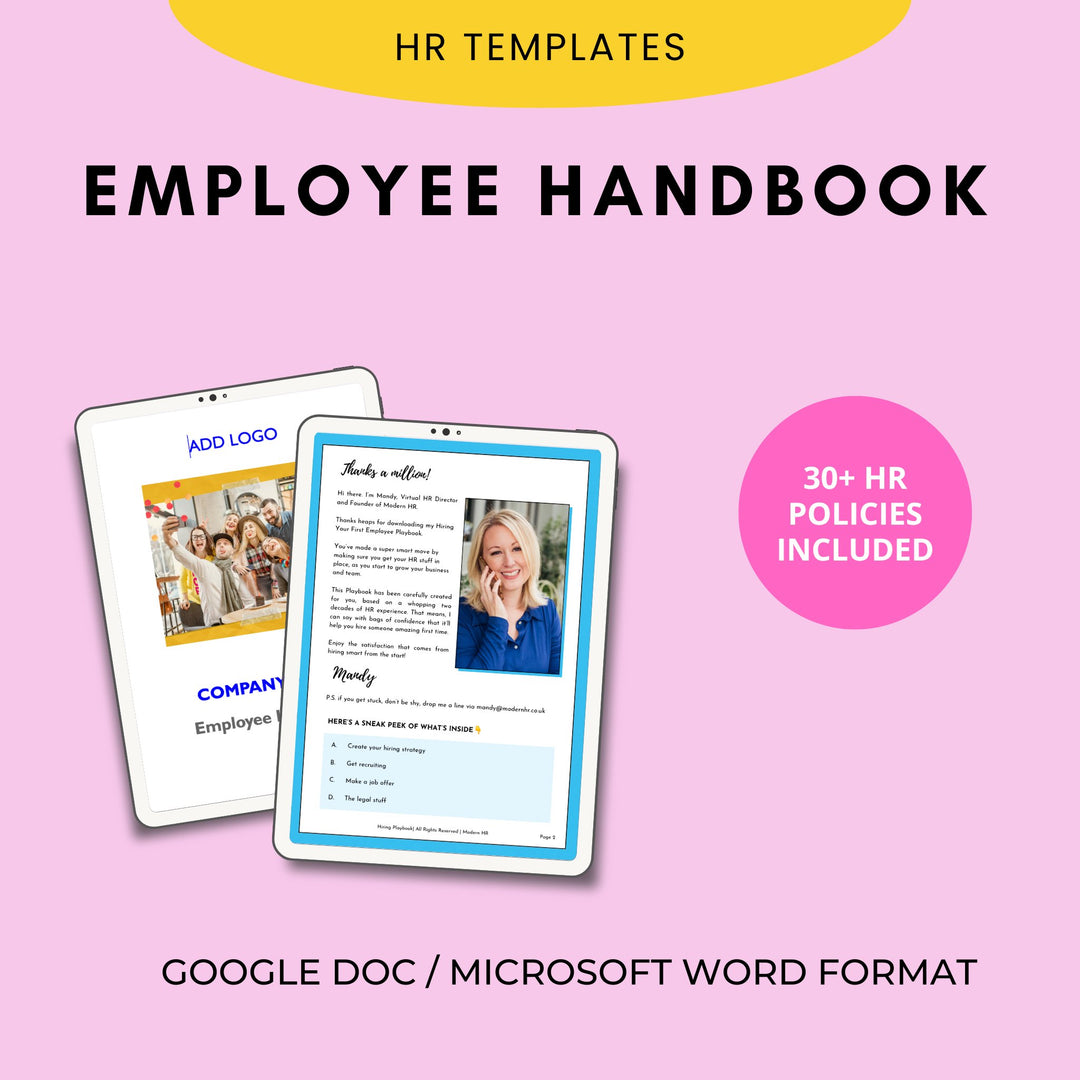


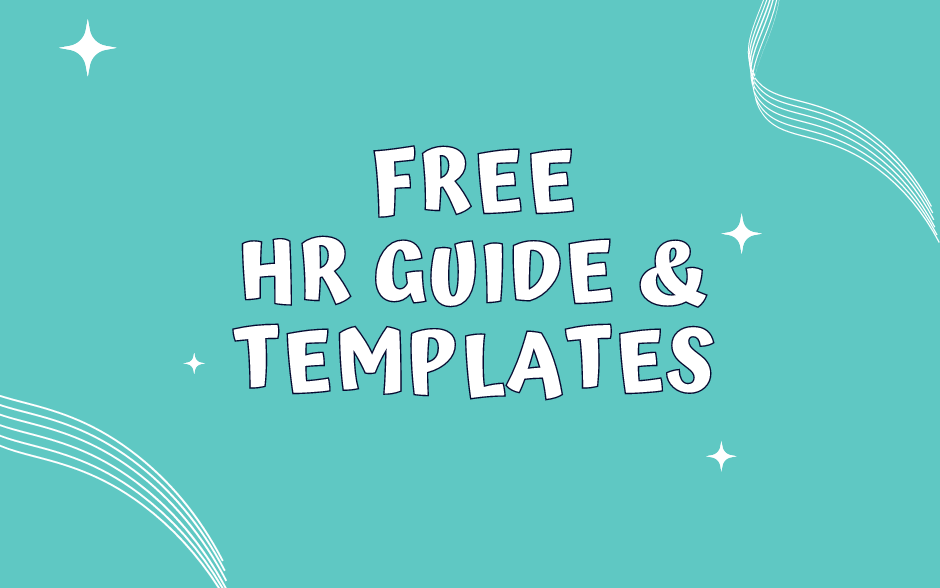
Leave a comment